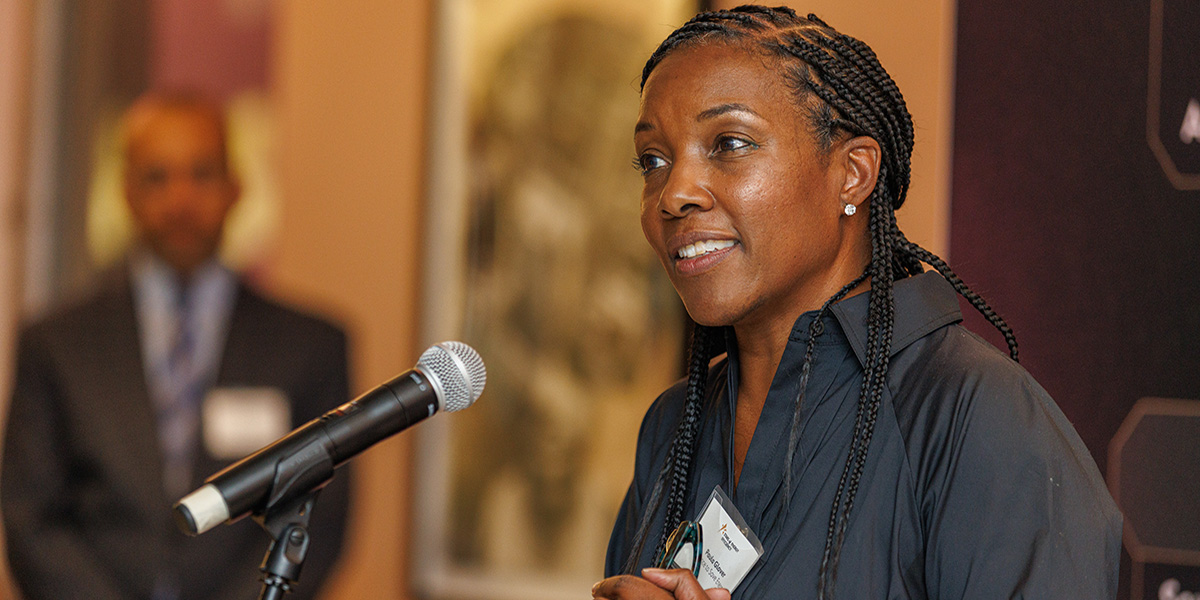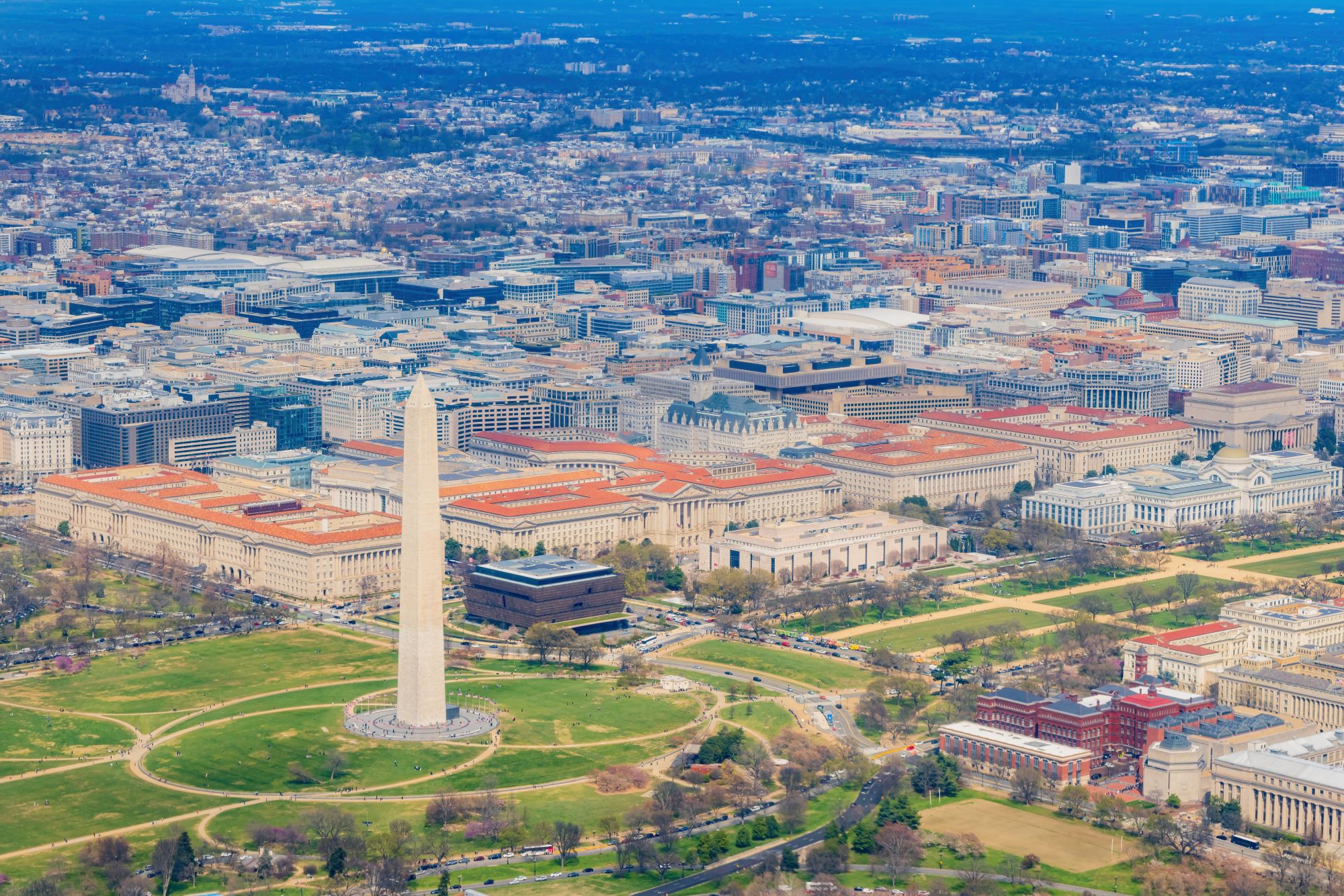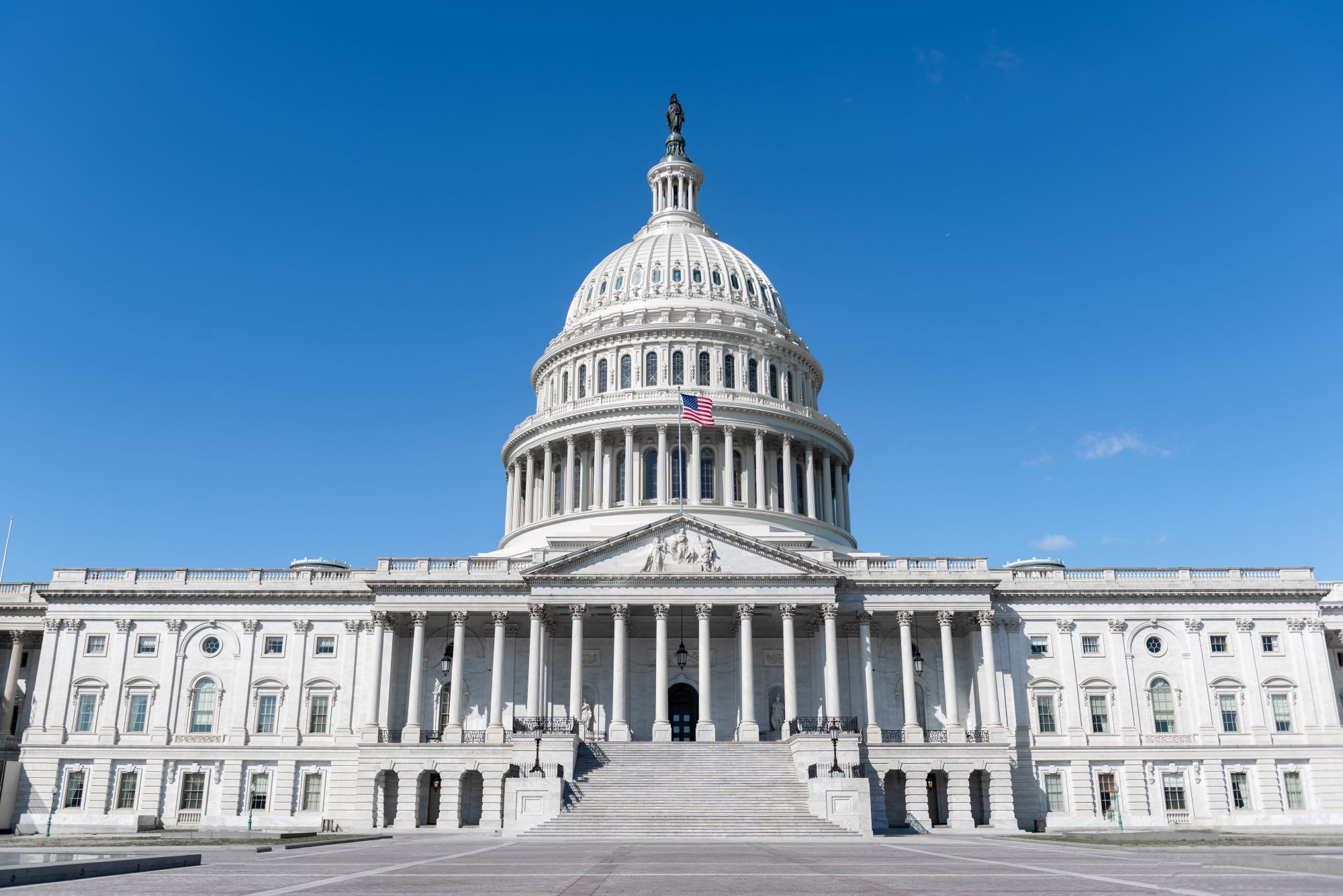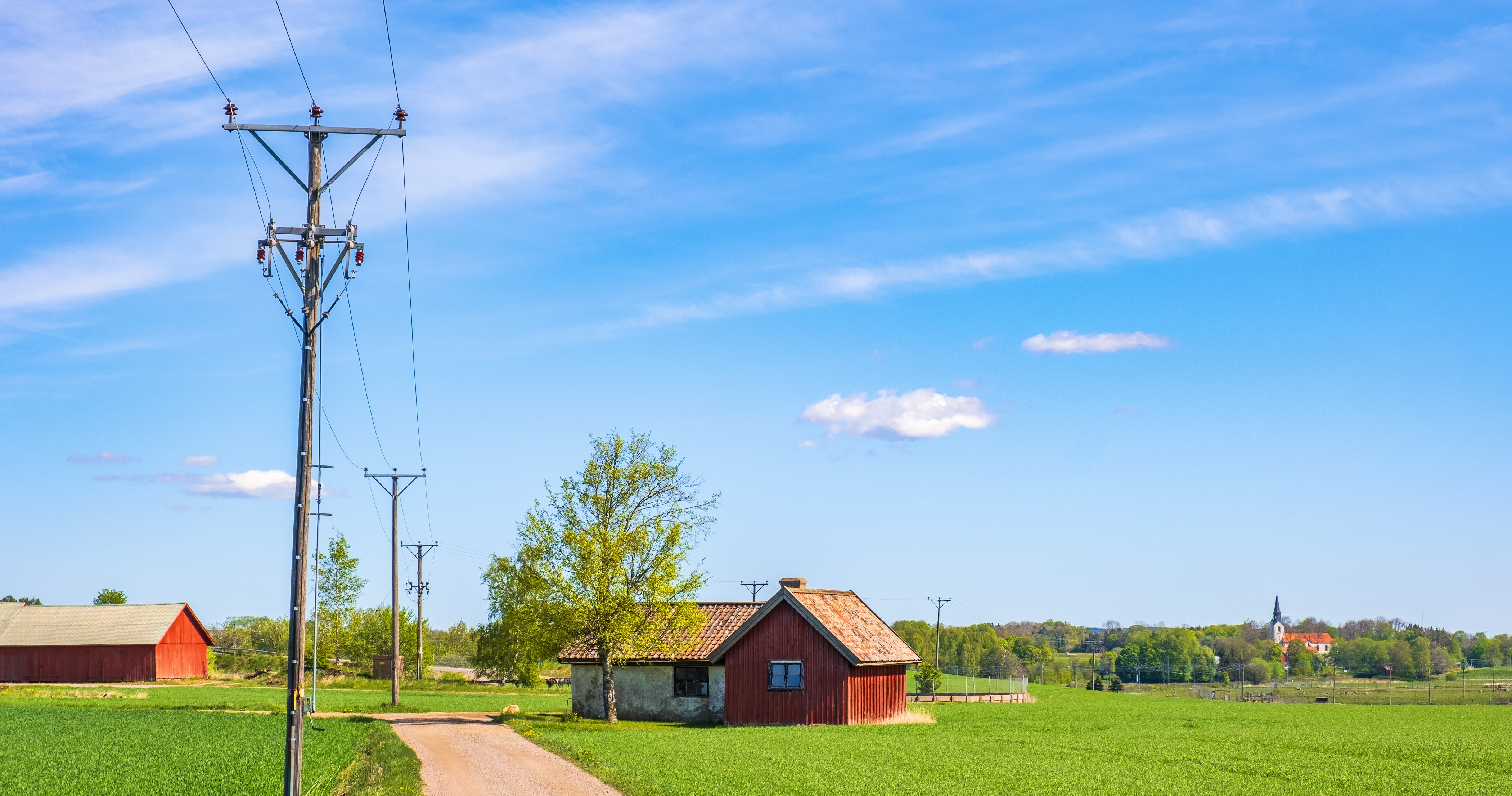From Paula Glover: Reflecting on “My Why” During Black History Month
Let's Save Energy
Alliance to Save Energy's Blog

As a Black woman who has worked in the energy industry for nearly three decades, I’ve had a front row seat to the inequities that exist in our energy system. My personal experience – from growing up in a home where the power was on more than one occasion shut off, to becoming one of the only Black executives sitting at the board table – informs my work today. But it also points to a larger national trend: Black communities face a difficult relationship to the energy system in every way. Here are the facts:
- One in two Black households in the U.S. faces energy insecurity. Black households’ energy burdens – the percent of income spent on energy costs – is 43% higher than white households.
- Black Americans are exposed to more than 1.5 times the fine particulate matter as the population at large. Breathing these pollutants is associated with risk of lung disease, heart disease, and asthma.
- Black Americans make up 8% of the clean energy workforce, compared to 13% of the U.S. workforce as a whole. This number is even less for management and executive positions.
These facts – and the faces behind them – are often at the top of my mind. From the jobs we are not offered to the higher numbers on our energy bills, inequity permeates our daily lives.
The causes are numerous and often systemic. Study after study have shown that it’s not just a matter of income – race has an outsized impact on where and how well Black Americans’ homes are built and the resources we are provided to stay healthy and better manage energy use. For example, even when accounting for income, Black Americans are more likely to report their home as drafty and less likely to own the high-efficiency appliances that help reduce energy burdens.
The problem is indisputable. The solution is what drives me.
I strongly believe that providing universal access to energy efficiency is the answer to closing these gaps. It’s the multi-sided solution to a multi-sided problem: using energy more efficiently reduces air pollution, cuts household energy costs by hundreds of dollars per year, and creates economic opportunity as the largest clean energy employer. I’m not sure I believe in silver bullets but providing access to efficiency might just be the closest thing we have for an immediate and lasting shift in how people interact with the energy system.
We have the policies and technologies at our fingertips to expand access now. We can make it more affordable to purchase energy-efficient appliances with tax credits and rebates – something the Build Back Better Act would accomplish. We can ensure that everyone has the opportunity to learn clean energy job skills with bills like the Blue Collar to Green Collar Jobs Development Act, which would target apprenticeship programs to underserved communities. We can help minority-owned small businesses reduce their energy costs and reinvest in their workers with the Main Street Efficiency Act, which would make it free or low-cost to make energy efficiency improvements for small businesses across the country.
These are just a few examples of policies that would help – but I’m also going to challenge all of us to think beyond the policies to the impact. What is so easily abstracted in the back-and-forth of policymaking and politics is remembering the people who stand to benefit – the family that doesn’t have to choose between groceries or electricity, or the small business owner who gets to keep their doors open.
The impacts of America’s energy system are not experienced equally, and that is especially true for Black Americans. This month and always, I’m reflecting on the unjust history that got us here, and – at this defining moment for our clean energy future – considering the choices we can make today to prevent a repetition of the past. Let’s choose energy efficiency for all.
STAY EMPOWERED
Help the Alliance advocate for policies to use energy more efficiently – supporting job creation, reduced emissions, and lower costs. Contact your member of Congress.
Energy efficiency is smart, nonpartisan, and practical. So are we. Our strength comes from an unparalleled group of Alliance Associates working collaboratively under the Alliance umbrella to pave the way for energy efficiency gains.
The power of efficiency is in your hands. Supporting the Alliance means supporting a vision for using energy more productively to achieve economic growth, a cleaner environment, and greater energy security, affordability, and reliability.



